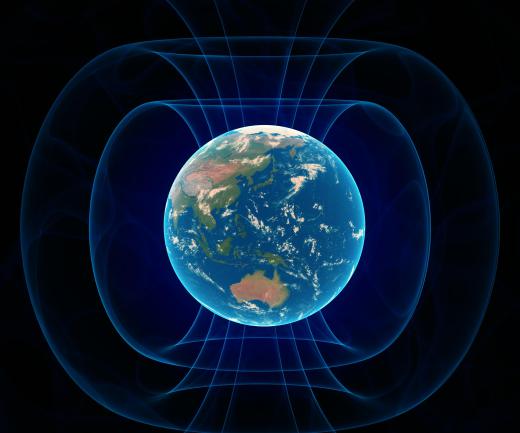What is Geophysics?
 Michael Anissimov
Michael Anissimov
Geophysics is a branch of the Earth sciences that uses quantitative physical methods to elucidate some aspect of the planetary system. Geophysics encompasses large parts of seismology, geodesy (size and form of the Earth), atmospheric science, study of the Earth's magnetic field, geothermometry, hydrology, oceanography, tectonophysics, geodynamics (study of the inner Earth), exploration and engineering geophysics, geophysical engineering, glaciology, petrophysics, applied geophysics, mineral physics, and engineering geology.
Geophysics is based on the reality that bulk processes in matter can often be characterized in the abstract by using simple physics equations. Unfortunately, when many component pieces are in play, even though the pieces move according to simple laws, their emergent properties are complex. Accordingly, geophysics has a reputation for being one of the most computation-hungry domains of science. The Earth Simulator (ES), capable of 35.86 trillion floating-point calculations per second, or 35.86 TFLOPS, located in Kanagawa, Japan was the world's fastest supercomputer from 2002 to 2004, and is used primarily for geophysics applications.

One example of the application of geophysics is studying the Earth's core by analyzing seismic waves. Using supercomputers, geophysicists can map irregularities in the Earth's core on scales as small as one kilometer. One topic currently perplexing geophysicists is the heterogeneity of the Earth's outer core, which is believed to be liquid. At one point, it was believed the outer core was fairly homogeneous, but geophysics calculations have shown otherwise. Scientists now suspect that the outer core may consist of alternating layers of liquid and solid material.
There are many possible geophysical computational studies which we currently lack the computing power to launch. One notoriously difficult area is that of climate prediction. The extent of climate change over the next century is a variable that many of the world's governments would be delighted to know, but there exists no scientific method for predicting the world's climate reliably that far in advance.
AS FEATURED ON:
AS FEATURED ON:











Discuss this Article
Post your comments